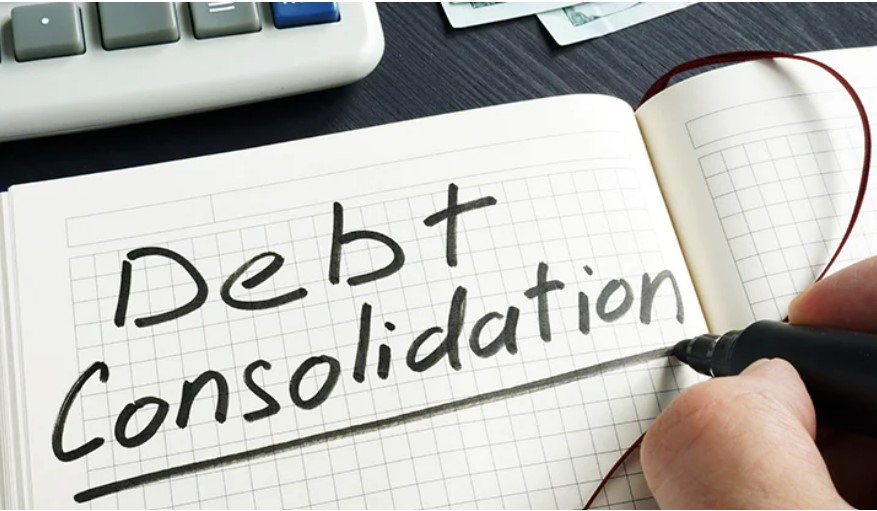
Debt consolidation can be a helpful tool for managing debt and reducing monthly payments, but it’s important to understand the risks and benefits before making a decision. In this article, we’ll explore what debt consolidation is, the different types of loans available, and the pros and cons of debt consolidation to help you determine if it’s the right choice for you.
What is Debt Consolidation?
Debt consolidation is a process of combining multiple debts into a single loan with a lower interest rate. This can simplify your monthly payments and potentially lower your overall debt repayment costs.
Types of Loans:
There are several types of loans that can be used for debt consolidation, including:
Pros and Cons of Debt Consolidation:
Debt consolidation can offer several benefits, including:
However, there are also risks associated with debt consolidation, including:
Qualifying and Credit Score
To qualify for debt consolidation, you typically need a good credit score and a stable source of income. Depending on the type of loan you choose, your credit score may be a determining factor in your interest rate and eligibility for the loan.
When You Should Consolidate Your Debt?
Debt consolidation may be a good option for you if you have multiple high-interest debts and are struggling to make your monthly payments. By consolidating your debts into a single loan with a lower interest rate, you can simplify your debt repayment and potentially lower your overall debt repayment costs.
However, debt consolidation may not be the best option for everyone. In some cases, it may be more beneficial to consider other options, such as debt settlement or budgeting and saving to pay off your debts.
Best Way to Consolidate Debt
The best way to consolidate debt will depend on your unique financial situation. It’s important to consider the type of debt you have, the interest rates on your debts, and your overall financial goals before making a decision. It’s also a good idea to speak with a financial advisor or debt counselor to get personalized advice and guidance.
For example, let’s say you have three credit card debts with interest rates of 18%, 20%, and 22%. By consolidating these debts into a single personal loan with an interest rate of 10%, you could potentially lower your monthly payments and simplify your debt repayment.
In conclusion, debt consolidation can be a helpful tool for managing debt and reducing monthly payments, but it’s important to understand the risks and benefits before making a decision. Consider your unique financial situation, the type of debt you have, and your overall financial goals before making a decision. Speak with a financial advisor or debt counselor for personalized advice and guidance.